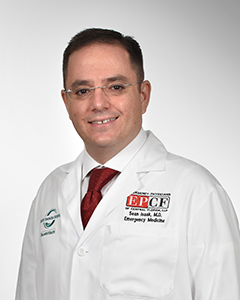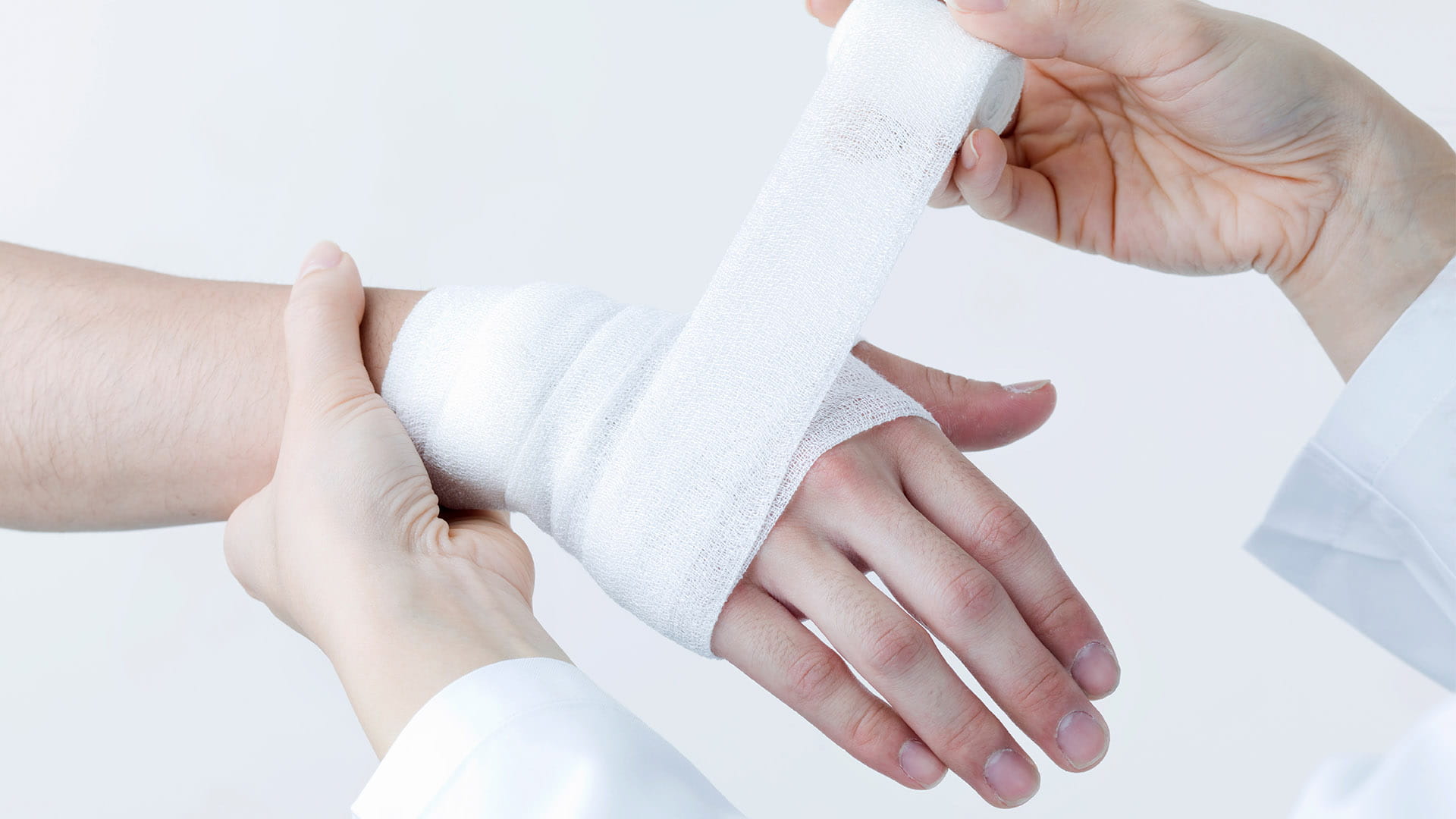It’s late at night and your head is throbbing, so you head to the bathroom for some ibuprofen. Three steps away from the bed, you pass out and fall to the floor unconscious. The noise wakes your teenage son, who finds you and quickly calls 911. When paramedics arrive, they start asking your son questions about your health – but he doesn’t know the answers. That limits how they can care for you.
Sound scary? Yes. That’s why it’s important to have your medical information organized and accessible.
Have a Medical Emergency Kit
Every day, emergency room doctors must make critical medical decisions for patients who are unconscious or incoherent. Relying on someone who has been injured to remember their medical records can be difficult and, depending on the hospital’s location, accessing records may not be possible. It could be risky giving needed medications if the doctor doesn’t know what allergies you have or what prescriptions you’re taking.
Creating an emergency kit with your medical history is easy and can improve the care you receive.
What Information To Include
Every member in your family should have a one- or two-page form succinctly listing:
-
Your personal information — full name, date of birth, gender, address, cell phone and email address
-
Insurance information — company name, policy and group numbers, primary account holder and phone numbers
-
Medical information — allergies, current medications (including dose and frequency, both prescription and over the counter), medical history (such as hypertension or diabetes) and surgical history
-
List of doctors — names, phone numbers, specialties and conditions for which you’re currently being seen
-
Emergency contacts — Your healthcare surrogates, power of attorney and/or next of kin
-
Advanced directives — a living will; religious or spiritual matters to be considered; and an organ donor card and a do-not-resuscitate order, if desired.
Have copies of this information in your purse or briefcase, as well as in your glove box in case you’re in a car accident. Your medical provider or insurance company also may have a patient portal available. Just be sure the information can be accessed in an emergency. For a quick list of basic information, most cell phone manufacturers include an emergency option on the phone’s lock screen that will link to a medical ID page with health information.
Pack These Essentials, Too
It’s a good idea to pack a bag with other necessities, such as hand sanitizer. Also, as any trip to the emergency room may be time-consuming, consider adding a book, phone charger and a few toys if a child will be with you. ER waiting rooms can be cold, so include a small blanket or sweater. If you think you might be admitted to the hospital, pack an overnight bag, too.
Keep Information Up To Date
Make sure your medical information is current by updating the form annually or whenever your medical history and information change. Be certain other family members or caregivers know where to find it.
During your lifetime, chances are you will have an accident or other emergency. By staying safe and being prepared, you can improve your chance that quick and even life-saving measures can be taken.
Choose to Stay in Touch
Sign up to receive the latest health news and trends, wellness & prevention tips, and much more from Orlando Health.
Sign Up





